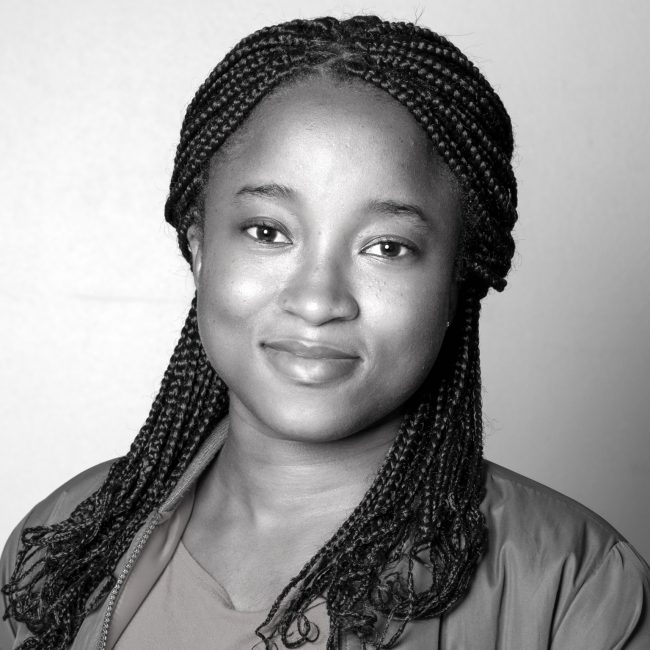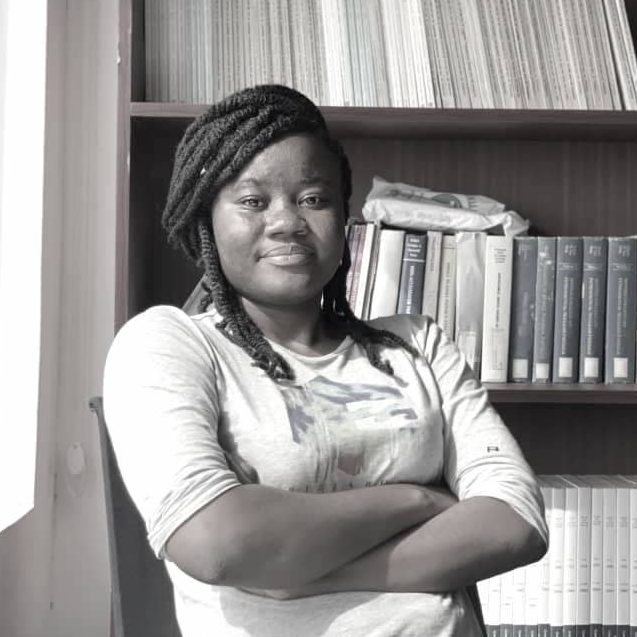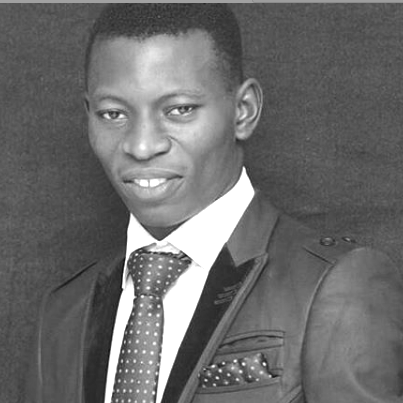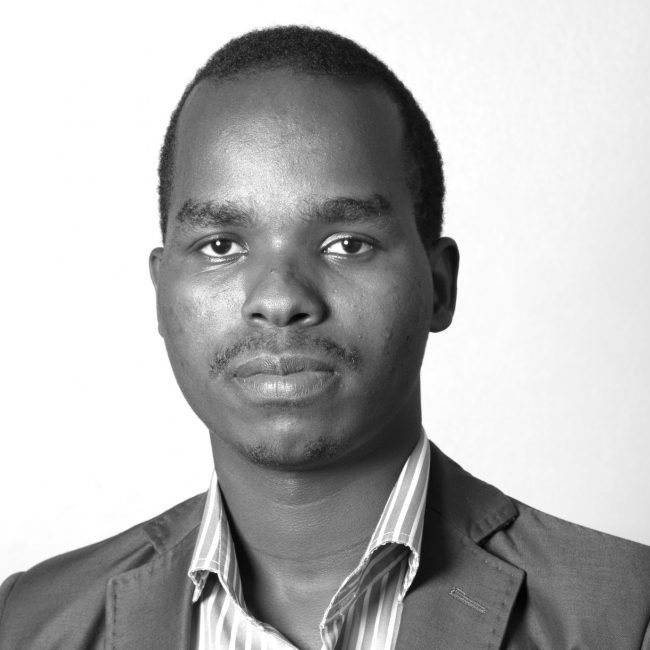The Global Scientific Exchange Program 2021 (GSEP)
SCIoI’s fully funded GSEP scientific fellowships are aimed at Master’s level students who wish to gain research experience in a subject of their interest at Science of Intelligence. The experience is intended to increase chances of applying successfully to a doctoral program in the Global North and to provide fellows with hands-on research experience in an interdisciplinary environment.
In collaboration with the African Institute for Mathematical Sciences (AIMS), five candidates were selected for the pilot phase in 2021. During their stay at SCIoI, these researchers worked on a project in their respective labs and attended relevant lectures and symposia at SCIoI and partner institutions as well as cultural and social activities.









